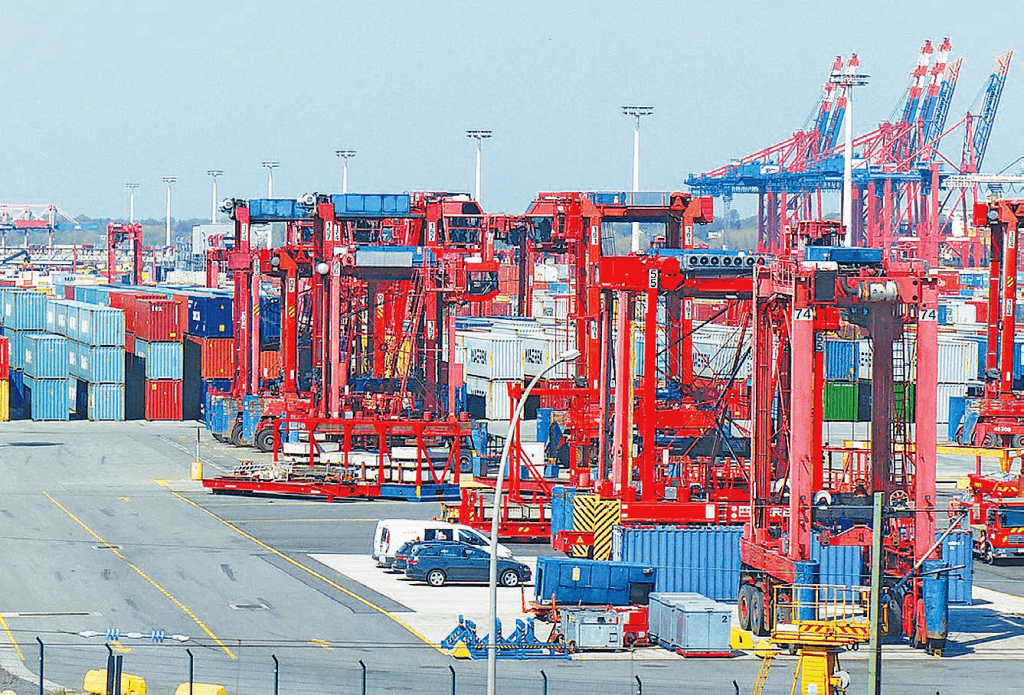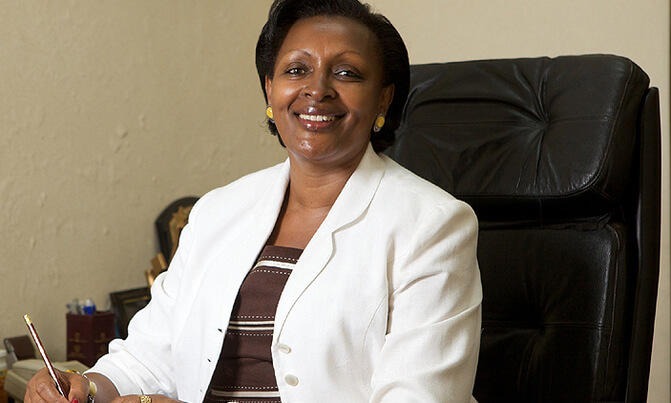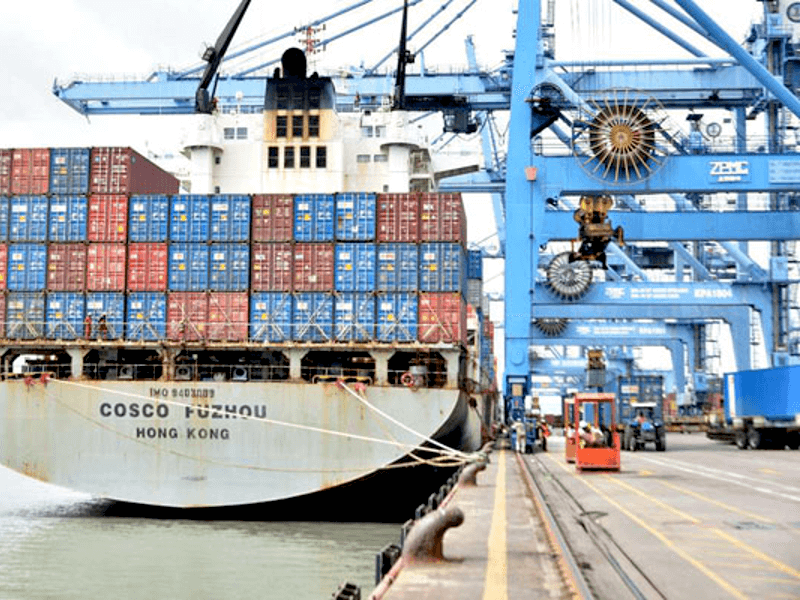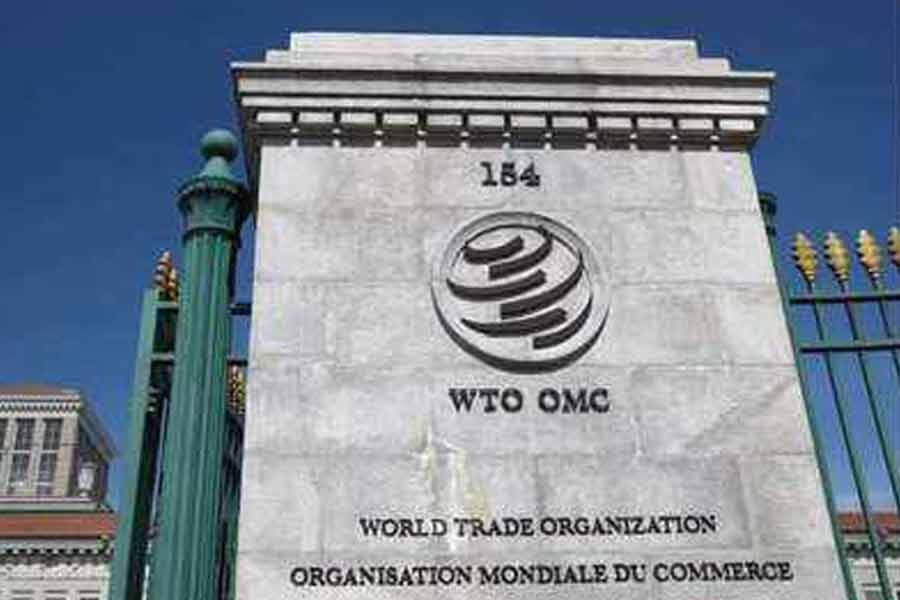The launch of the new Foreign, Commonwealth & Development Office (FCDO) last week provides an excellent opportunity to reset the UK’s economic engagement with low- and middle-income countries. As the new department takes shape, it is crucial to consider the stated benefits of bringing development and diplomacy together through this merger of the Department for International Development (DFID) and the Foreign & Commonwealth Office (FCO). One area in which the benefits could be large and visible is economic development, but so far there has been little attention to the role of the FCDO as an economics ministry. This is perhaps surprising: DFID is rightly proud of its recent experience in managing economic development programmes such as Trademark East Africa and Nepal’s Economic Policy Incubator. A new set of essays, published last week by ODI, considers 10 ways the experience of the FCO and DFID could underpin economic policy in the FCDO. Ten new opportunities for the FCDO The essays offer 10 economic development proposals for an imaginative new approach to capitalise on mutual interest and help achieve development goals. They are: 1. Publish a coherent UK–Africa strategy This must help to reinvigorate UK-Africa trade and investment relationships following a decade of stagnation, during which time Africa has stepped up engagement with other parts of the world. Leaving the EU means the UK needs to consider new trading arrangements with African countries, which are set to integrate through the Africa Continental Free Trade Agreement (AfCFTA). The UK-Africa Investment Summit in January also needs follow up. It is time for an ambitious Africa strategy. 2....
Why the new Foreign, Commonwealth and Development Office must also focus on economic development
Posted on: September 9, 2020
Posted on: September 9, 2020
























